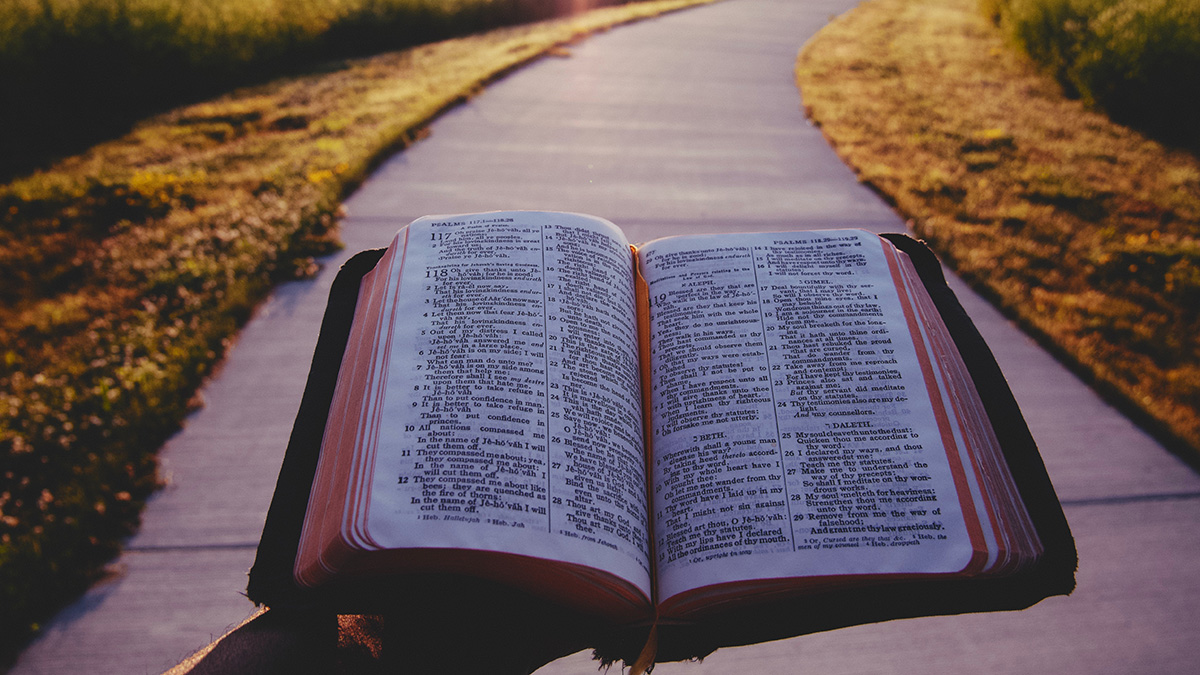

Is Yeshiva University Religious? And Other Questions About Freedom…
In recent months, American courts have continued to grapple with the size, scope, and even the definition of religious freedom. For Christians who believe that religious liberty for all is a public good, there’s good news and bad news.
09/14/22
John Stonestreet Maria Baer

Religious liberty is a human right. So why are American courts so confused?
In recent months, American courts have continued to grapple with the size, scope, and even the definition of religious freedom. For Christians who believe that religious liberty for all is a public good, there’s good news and bad news.
The good news includes the decision from the Fifth Circuit two weeks ago in the case of Franciscan Alliance, a group of Catholic hospitals and doctors that sued the federal government in 2016. Rules issued from the Biden Administration would have forced doctors within Franciscan Alliance to perform so-called “transition surgeries” on patients with gender dysphoria, as well as provide abortions for patients who requested them. Lawyers for the hospital system argued that these procedures are violations of the oath doctors take to “do no harm” to their patients, and therefore a violation of the doctors’ religious freedom. Thankfully, the Fifth Circuit respected Supreme Court precedent and ruled in favor of Franciscan Alliance.
The bad news includes a case out of New York, in which a trial court ruled that Yeshiva University, a Jewish school in New York City, must allow an LGBTQ club to establish on campus. The university argued the club’s mission openly violated the school’s religious beliefs about sexuality. In a particularly bizarre ruling, a judge sided with the LGBTQ club by reasoning that Yeshiva University is not a religious institution. “Yeshiva” is the Hebrew word for “a school that studies the Talmud,” or ancient rabbinic writings on Scripture. Still, the judge cited Yeshiva University’s charter, which refers to the school as an “educational institution,” as evidence that the school therefore cannot be religious.
The question at the heart of each of these cases is the same: What does it mean to be religious?
Though it is good news for everyone, doctors and patients, that Franciscan Alliance will not be forced to mutilate bodies in the name of “transgender medicine,” the judge in this case ruled explicitly that the government could not violate these doctors’ religious beliefs. It is not good news that the reality that men and women are different is being denied, or that bodies are being mutilated and called “healthcare,” or that opposing being involved is reduced to a “religious belief.” In the same way, the idea that we should not take the life of a child in or out of a mother’s womb should be obvious, not reduced to merely “religious.”
In one sense, every law is religious in the sense that they are predicated on some view of the universe, human nature, and morality. They assume that certain things ought to be done and others ought not to be done. Everything we do, including where we work, what we value, and how we raise our kids, is built upon moral beliefs about the world, whether Christian or not. Even if we don’t always act consistently with those beliefs, religious liberty ensures the right to call upon these views inside and outside of Church, synagogue, mosque, or Twitter.
In our culture, however, certain views are designated “religious” and others are not. Therefore, the “religious” views are considered biased exceptions to be tolerated. In fact, progressive judges and administrations often deem policy positions they don’t like as “religious” as a way of suggesting they should not be taken seriously in the public square. In other words, taking innocent human life and mutilating healthy bodies are presented as the “obviously right” views, and opposing these horrors is dismissed as “religious.”
All of which says a lot about the moral status of our culture. Further, it misunderstands the meaning of “religious” and leads to obvious violations of religious liberty. Christian doctors within the Franciscan Alliance cannot leave their worldviews at the operating room door. Yeshiva University doesn’t stop being religious when it educates. In fact, it educates because it is religious.
The Supreme Court, at least currently, recognizes this reality, but some lower courts do not. Thus, the absurd ruling that claims Yeshiva University is not religious because it educates, or the one in Colorado which held that a Christian school chaplain wasn’t in a “religious position,” or the lower court ruling from a few years ago that attempted to force a group of Catholic nuns to pay for abortion and contraception.
In such a conflicted time, Christians must, more and more, live like Christians. We must compellingly demonstrate that the resurrected Christ we worship in one building one morning a week shapes how we live and act in any other building every other day of the week. And we continue to defend religious liberty as a public good for all people.
About this, the U.S. Constitution is clear. Hopefully, our nation’s courts will gain clarity too.
Have a Follow-up Question?
Up
Next

Related Content

© Copyright 2020, All Rights Reserved.













